Pakistan’s former military ruler Pervez Musharraf has died in Dubai, aged 79, after a long illness, the army said on Sunday.
Senior military chiefs “express heartfelt condolences on sad demise of General Pervez Musharraf”, a brief statement released by the military’s media wing said. “May Allah bless the departed soul and give strength to bereaved family.”
Mr Musharraf, a four-star general who ruled Pakistan for nearly a decade after assuming power in 1999, spent his final years in self-imposed exile.
His body will be repatriated from Dubai on Monday, Per Second News gathered.
The former president was hospitalised in June last year, when his family said his recovery from the condition was “not possible”.
Mr Musharraf assumed power after ousting then prime minister Nawaz Sharif, who later backed Mr Musharraf’s potential return to Pakistan when his health deteriorated.
He was a key US ally in the “war on terror” following the 9/11 attacks and allowed Washington access to Pakistani airspace and supply lines to fight the Taliban despite domestic opposition.
In 2019, he was found guilty of high treason and sentenced to death in absentia for his imposition of emergency rule in 2007.
The sentence was quashed a month later after being deemed unconstitutional by Lahore’s high court.
“He is called a military dictator, but there has never been a stronger democratic system than that under him,” said Fawad Chaudhry, a former aide to Mr Musharraf and a senior leader of the Tehreek-e-Insaf party.
“Pervez Musharraf led Pakistan at a very difficult time, and Pakistanis believe the era of his reign was one of the best in Pakistan’s history,” he said in a video message.
“He gave Pakistan a free media and he stressed on diversity of opinion in Pakistan. Pervez Musharraf, we will miss you.”
Pakistani Prime Minister Shehbaz Sharif offered his condolences to Mr Musharraf’s family in a short statement.
“May the departed soul rest in peace,” he wrote on Twitter.
Leaders of the Pakistani Senate have also expressed their “deep sorrow and grief”.
Mr Musharraf held the presidency from 2001 until 2008, when he resigned in order to avoid impeachment after suspending the constitution and imposing a state of emergency in 2007.
He survived several assassination attempts during his time in office.
In 1964, Musharraf was commissioned into the artillery regiment as a second lieutenant and was posted to the border with rival India.
He had only to wait a year before war broke out with Pakistan’s neighbour.
As an artillery officer, Mr Musharraf saw heavy fighting, developed a reputation for sticking to his post under fire and was awarded a medal for gallantry.
Shortly after the war, which ended with both sides declaring victory, he joined the Special Service Group – Pakistan’s elite special forces unit.
When war again broke out between India and Pakistan in 1971, he was the commander of an SSG battalion.
Mr Musharraf continued to rise through the ranks of Pakistan’s military in the decades that followed.
By the early 1990s, he had secured a two-star command and, in his frequent trips abroad for international study, acquired a taste for western fashion and culture that earned him the nickname “Cowboy”.
Mr Musharraf became a prominent national figure in Pakistan when, in 1998, he was made a four-star general by then-prime minister Nawaz Sharif, becoming the head of the country’s armed forces.
It was not long before the relationship between Pakistan’s military and civilian leaders broke down, and Mr Sharif tried unsuccessfully to remove Mr Musharraf as the army’s leader only months after his appointment.
In retaliation, the army seized power in 1999, and Mr Musharraf eventually became Pakistan’s tenth president in 2001.
As president, Mr Musharraf walked back many of the ousted prime minister’s policies.
He opened up the news media and granted new licences for television channels and promoted the arts, helping to support the country’s film, music and theatre industries.
In the aftermath of the September 11 attacks, Mr Musharraf spoke out against extremism and allied Pakistan with the United States in the War on Terror — provoking anger at home.
The Pakistani president cultivated a close friendship with US President George W Bush, who famously forgot Mr Musharraf’s name while running for the White House in 1999 but later hailed him as “a strong defender of freedom and the people of Pakistan”.
During his time as president, Mr Musharraf survived several assassination attempts and found himself caught in a struggle between the West and extremist groups.
He was also dogged by nuclear proliferation scandals throughout his tenure and clashed with the judiciary over his decision to remain head of the army while he was president.
With his popularity hurt severely and facing mass movements calling for his impeachment over actions taken during his presidency — including the disastrous decision to storm the Lal Masjid compound to end a siege there which resulted in more than 150 deaths and hundreds of injuries — he resigned in 2008 and left the country.
Mr Sharif returned to office and accused Mr Musharraf of treason in 2013. He was formally charged a year later.
Mr Musharraf returned to Pakistan in 2013 to take part in elections but this second foray into Pakistani politics ended in arrest and humiliation for the general, who was barred from standing for office.
In 2019, he was sentenced to death for high treason but, less than a month after the ruling, the entire process was declared unconstitutional by Lahore’s high court.
Mr Musharraf lived in London and Dubai since 2016, when he was allowed to leave Pakistan for medical treatment.












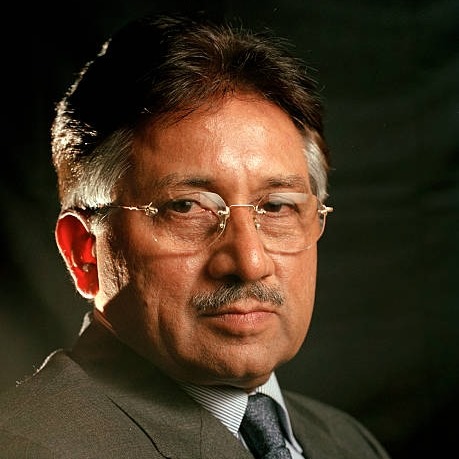
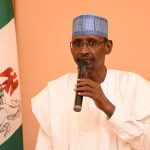





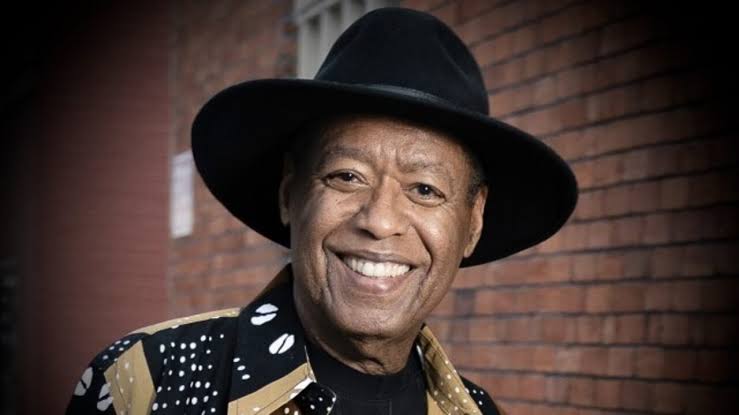


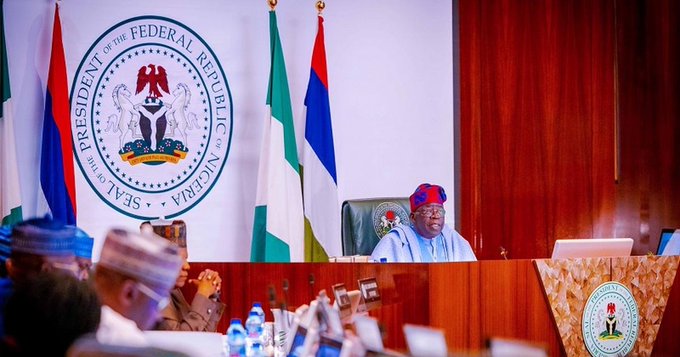
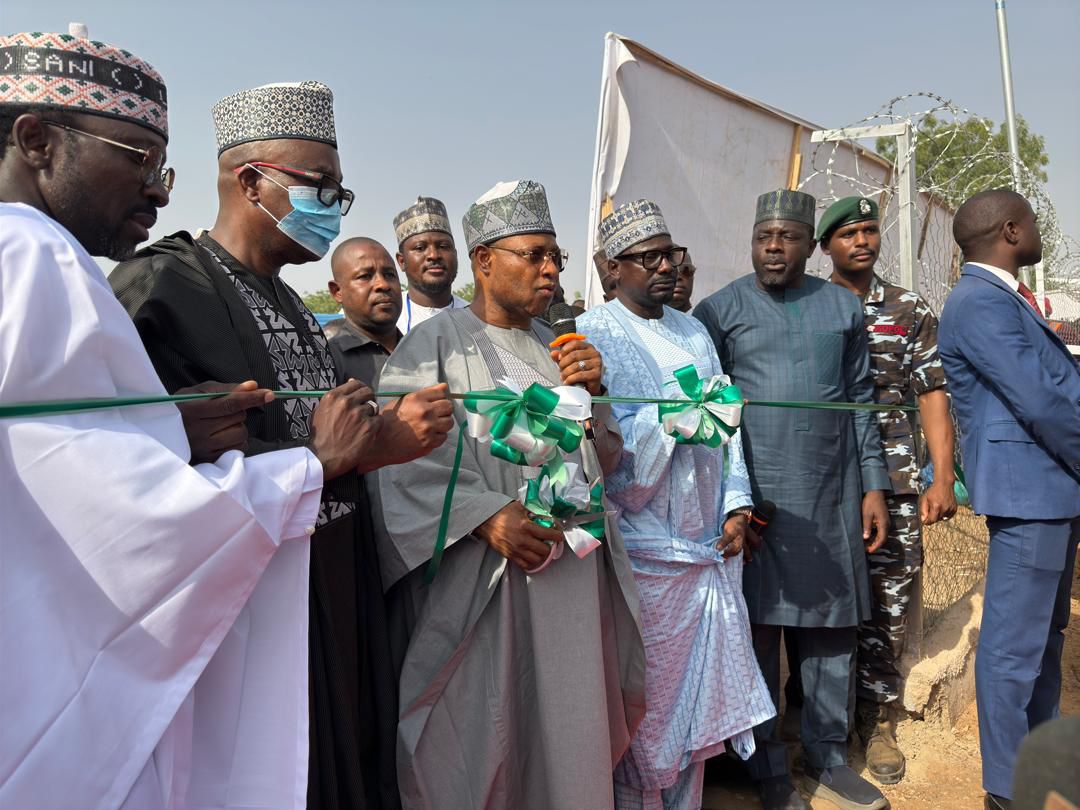
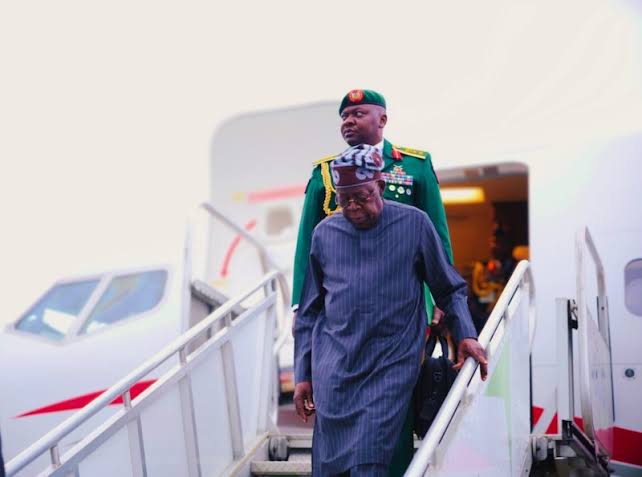




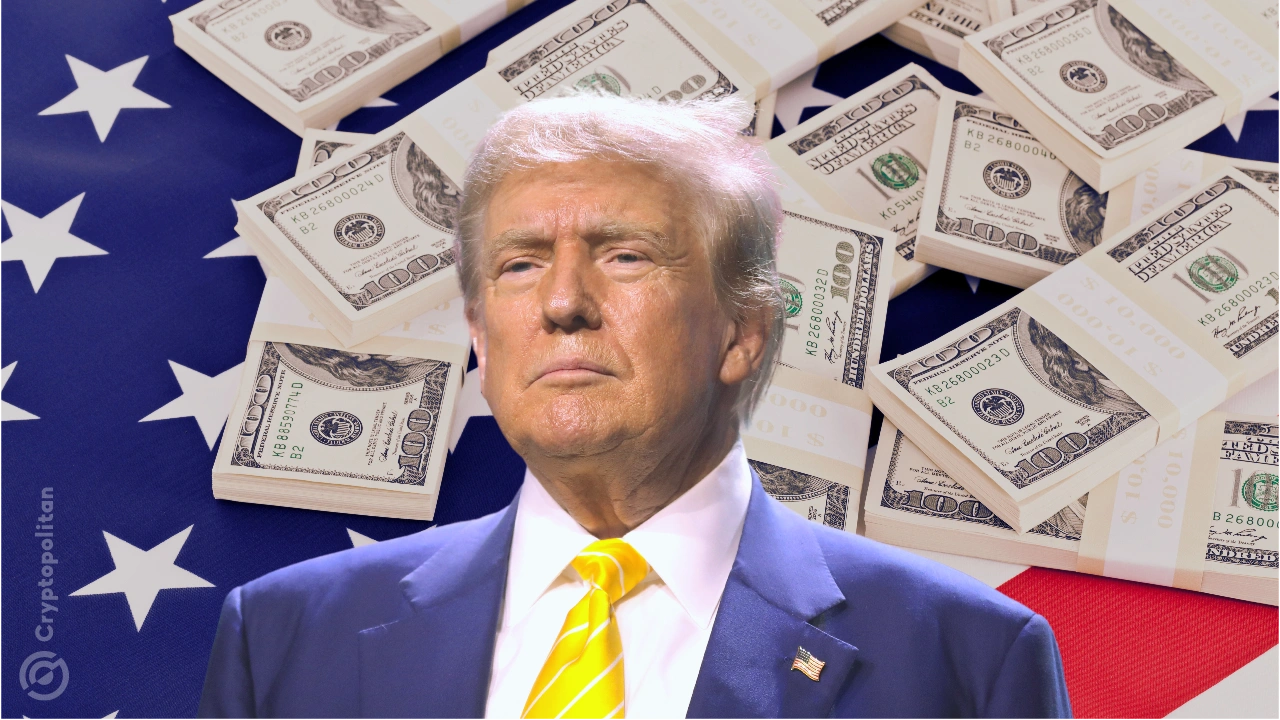
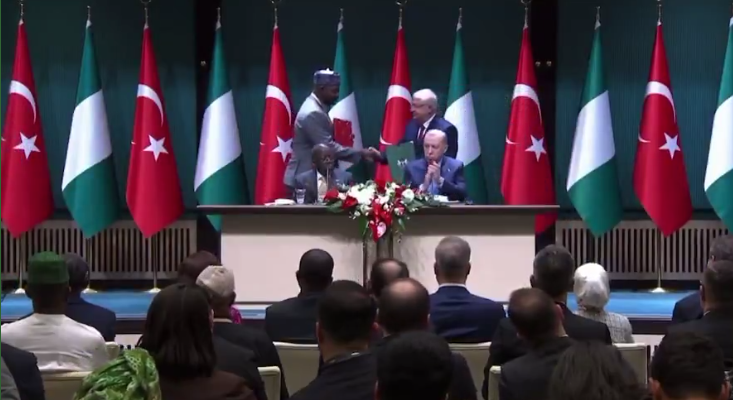
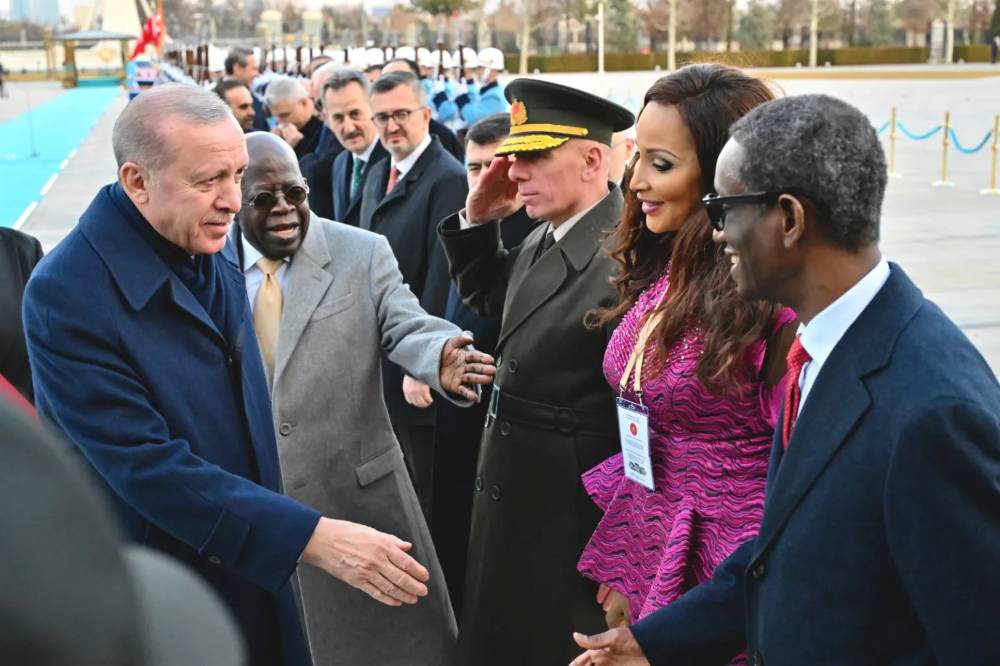


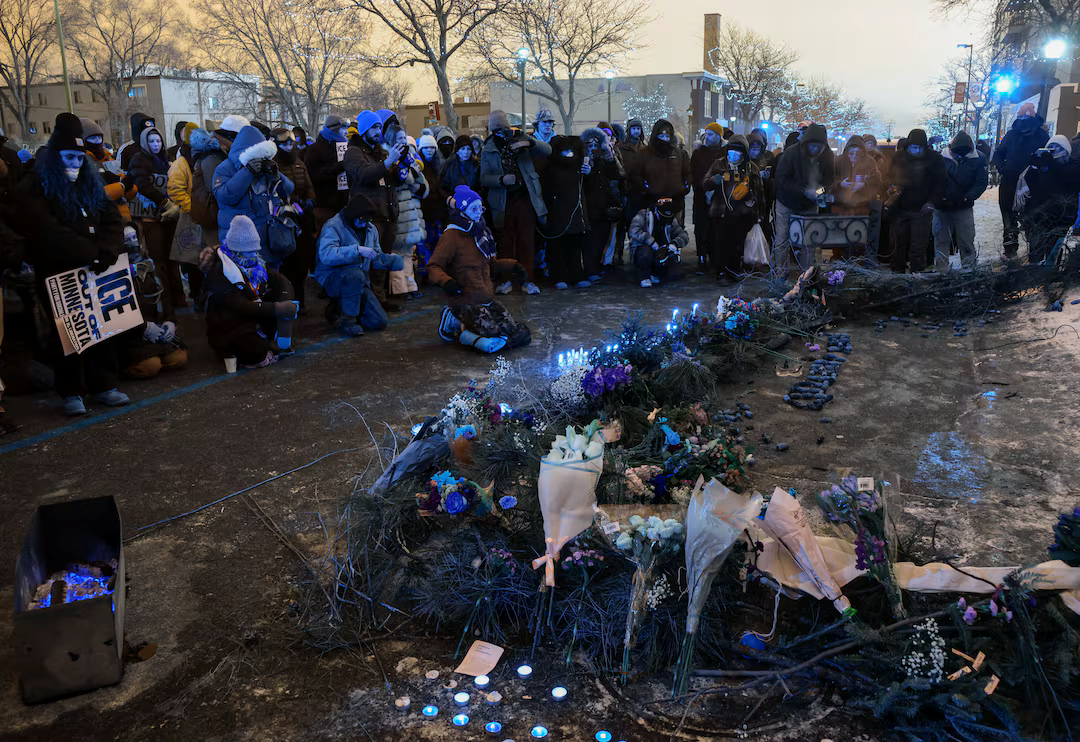
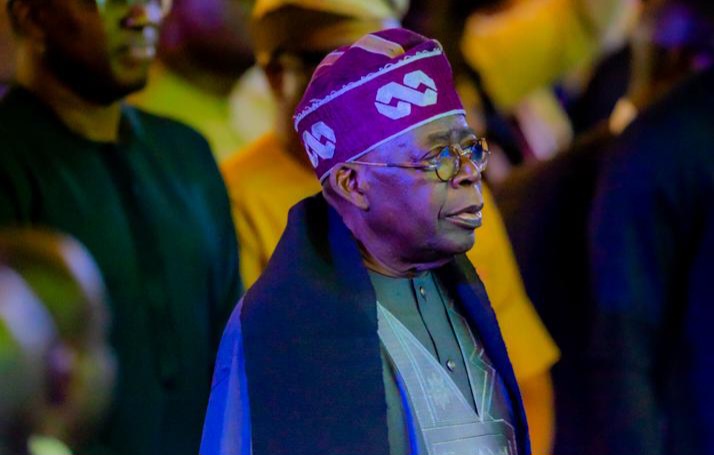
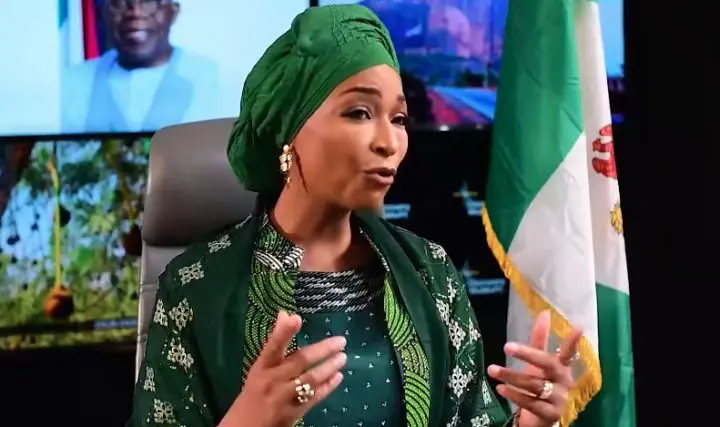
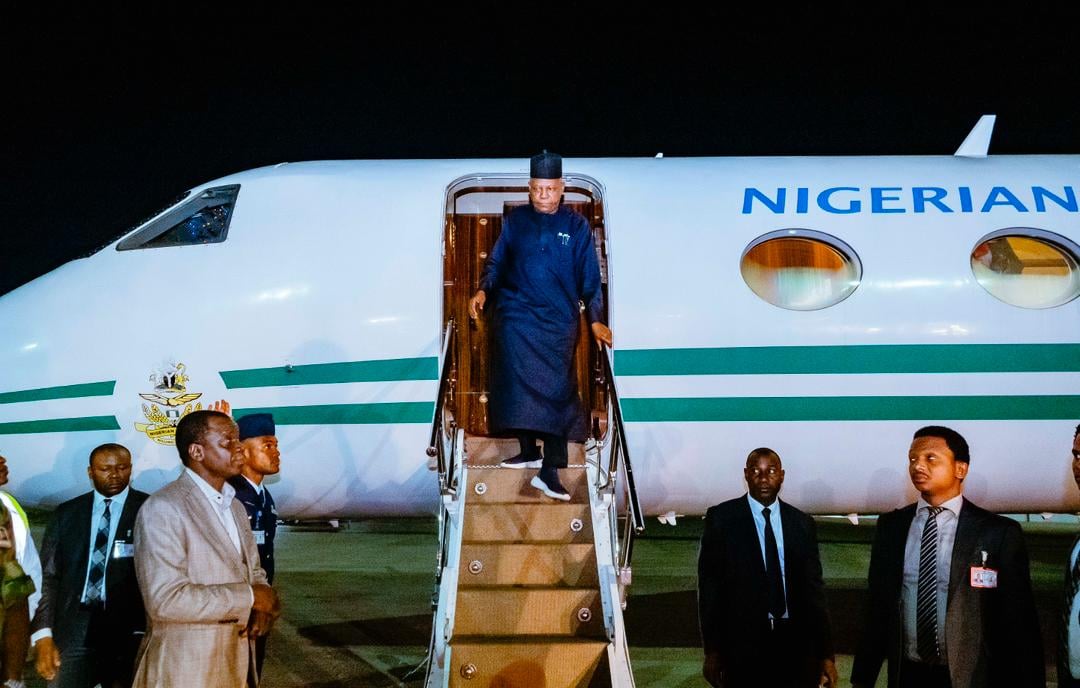
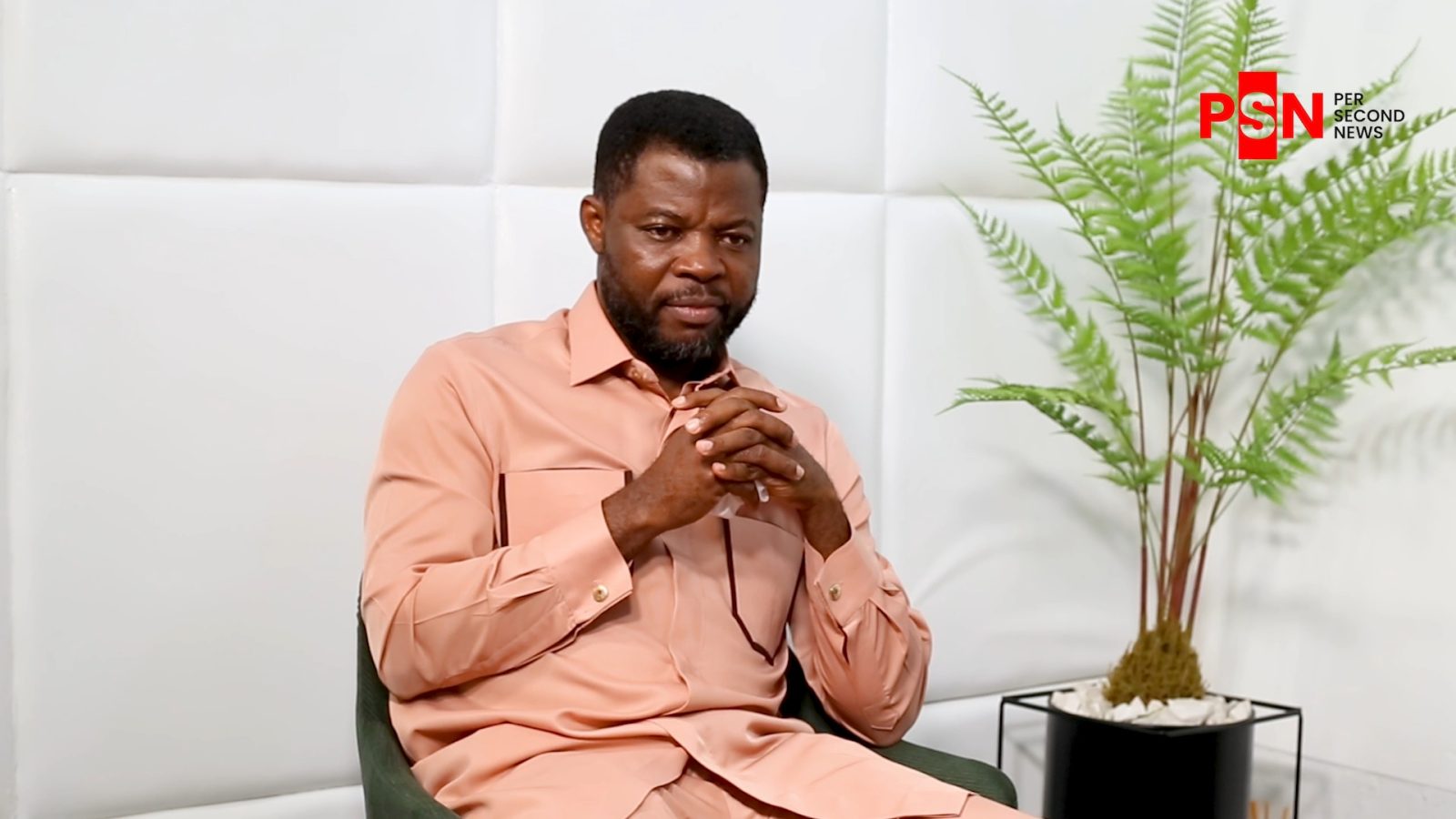
Leave a comment